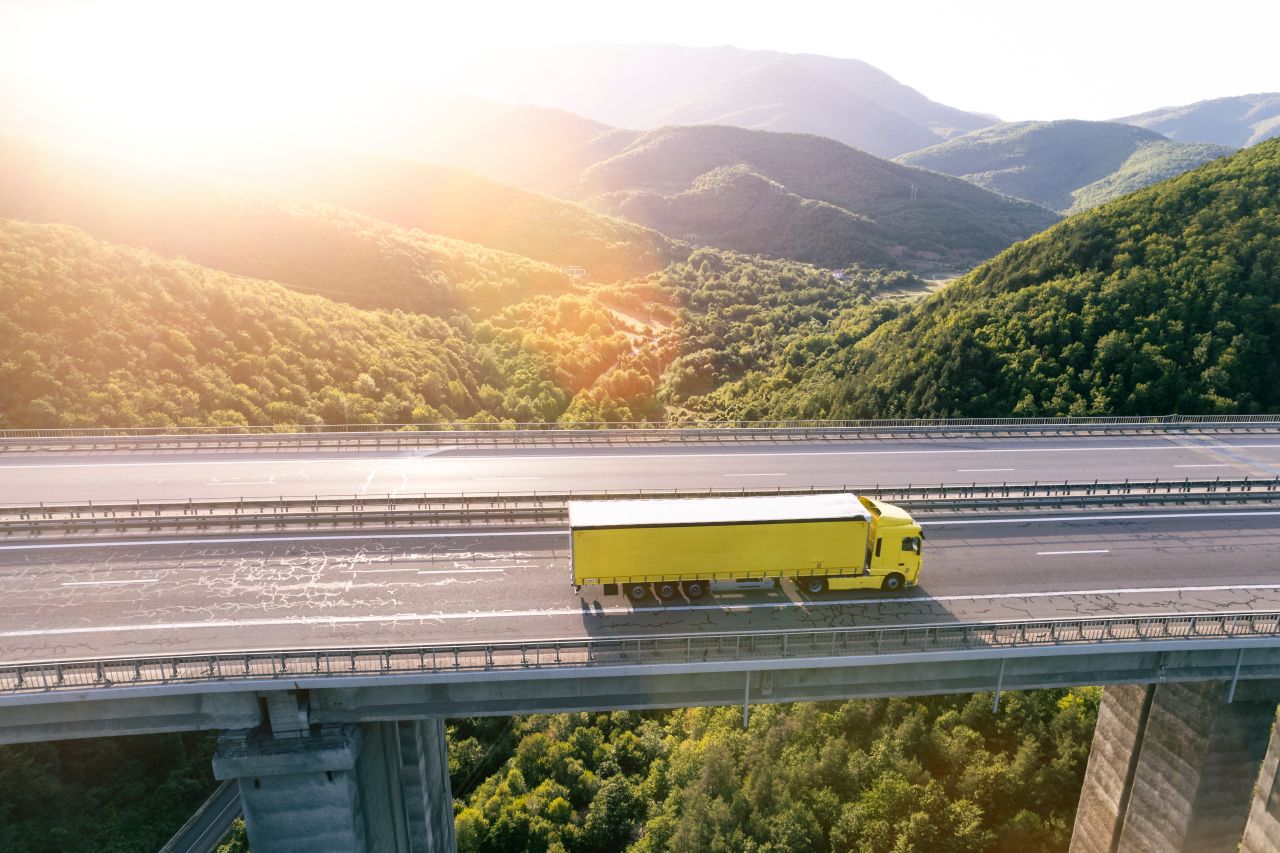
2023-08-09
Environmentally sustainable logistics
Today, logistics is an essential component of the development of each enterprise, proving the degree of its competitiveness and somehow contributing to the level of sales of goods. This is an industry whose goal is to ensure efficient and trouble-free delivery to the recipient in the shortest possible time. It should be noted, however, that the transport sector generates about eight percent of global carbon dioxide emissions - a chemical compound that contributes to air pollution.
For this reason, consumer expectations regarding the development of the industry have gone in a slightly different direction. Today, social responsibility goes hand in hand with the increase in implementation efficiency. Pro-ecological management of the supply chain and adaptation to climate change have therefore become an indispensable element of the offer of most companies. Customers more and more often use the services of companies that take appropriate steps to protect the environment, and owners of companies in this sector, seeing the real scale of the problem, make every effort in this direction.
Sustainable Logistics - assumptions and good practices
The concept of sustainable and fully environmentally friendly logistics is sometimes referred to as Green Logistics. However, the name itself is not the most important thing in all this. The goal of sustainable development in transport is to constantly strive for progress in its field, while maintaining all the principles of environmental protection. We are talking primarily about the partial or complete elimination of the depletion of natural resources, which will result in reducing CO2 emissions. Modern technology is able to reconcile economic growth and activities consistent with the assumptions of modern ecology.
Thoughtful cargo transportation
Properly planned transport brings great benefits to all parties involved in its organization. With goods unable to fill the entire loading space, instead of sending an incompletely filled set of vehicles, logisticians encourage customers to use groupage transport. It consists in the transport of smaller loads, delivered to different recipients in one vehicle. In this way, the amount of equipment used is limited, and thus the consumer bears much lower costs than during individual transport.
Optimization of transport routes
Currently, thanks to access to the latest routing technology, it is possible to choose the relatively shortest transport route, taking into account both the degree of congestion and the ability of vehicles exceeding the permissible total weight of 3.5 tons to move on it. The same applies to the selection of the right truck from the fleet in terms of the amount of cargo - thanks to their wide availability, specialists are able to reduce the number of empty runs on the route.
Recycling and waste minimization
Actions taken in logistics offices and in the warehouse are also extremely important in this respect. Segregation of waste and its recycling has a large impact on the ecological values of each activity - not only those in the TSL industry. In addition, the digitization of individual processes related to the organization of transport translates into a reduction in the consumption of paper, which until recently was used for physical documentation in appalling amounts.
Reduced fuel costs
All of the above activities have a huge impact on reducing fuel consumption in the transport sector. This, in turn, translates into a reduction in carbon dioxide emissions, the results of which can already be seen in many statistics compiled year after year. However, it can always be better, which is why entrepreneurs put a lot of emphasis on the correct servicing, operation and use of all trucks in their fleet. Paying attention to such factors as the current inspection and oil change, or regular monitoring of tire pressure, contributes to a significant reduction in fuel consumption in relation to the further route. Drivers are largely responsible for fuel consumption. It is for them that various types of training in the field of eco-driving are increasingly organized. It turns out that despite the hard-to-gain qualifications, many specialists driving trucks are not aware of the huge impact on the total fuel consumption on the route, for example, correct starting or braking.
